PM says welfare reforms not about cutting costs as ‘hostile rhetoric’ criticised
A charity said Rishi Sunak’s proposals feel like ‘a full-on assault on disabled people’.
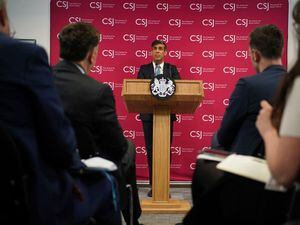
Rishi Sunak has told of the “moral mission” to reform welfare as he announced major changes to the system in the face of criticism of his “hostile rhetoric” and accusations that the proposals are a “full-on assault on disabled people”.
The Prime Minister repeatedly stressed that the system as it stands is letting people down by not being focused enough on the work they might be able to do.
He insisted the changes – including benefits being stopped if someone does not comply with conditions set by a work coach and a pledge to “tighten” the work capability assessment (WCA) – are not solely about cutting costs.
Disability equality charity Scope said the extent of the proposed change to PIP was “unexpected” and feels “like a full-on assault on disabled people” which could leave some “destitute”.
Mr Sunak said there will be a consultation on proposed changes to a “more objective and rigorous approach” in the benefits system.
He suggested greater medical evidence could be required to substantiate a PIP claim, and that some people with mental health conditions may be offered talking therapies or respite care rather than cash transfers.

Other proposed changes include having so-called specialist work and health professionals charged with responsibility for issuing fit notes instead of GPs – in a bid to end the “sick note culture”.
Evidence on this new approach is being sought from healthcare professionals, employers and people with lived experience.
Mr Sunak said it was unreasonable to ask GPs to assess whether their own patients are fit for work, but the Institution of Occupational Safety and Health said the suggestion of specialist work and health professionals to replace them in this role “is vague and unclear”.
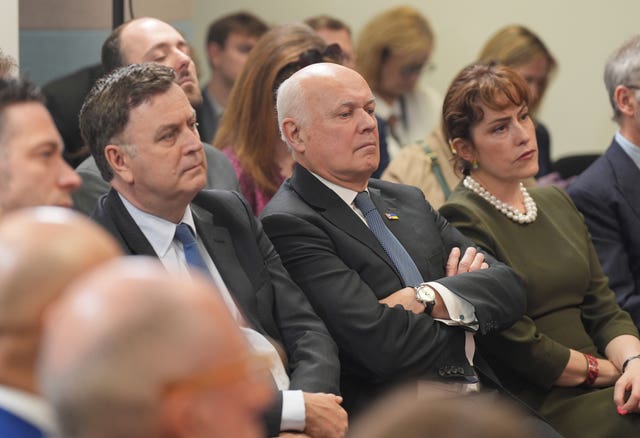
Spending on PIP alone is forecast to increase by more than 50% over the next four years, he added.
Other proposals include people working less than half a full-time week having to try and find extra work in return for claiming benefits, a speeding up of the process moving people from older so-called legacy benefits onto Universal Credit, and ending benefits for anyone who has been claiming them for 12 months but is deemed not to have complied with conditions such as accepting available work.
Mr Sunak confirmed a previously announced commitment around the Work Capability Assessment (WCA) to see people with less severe conditions expected to look for work.
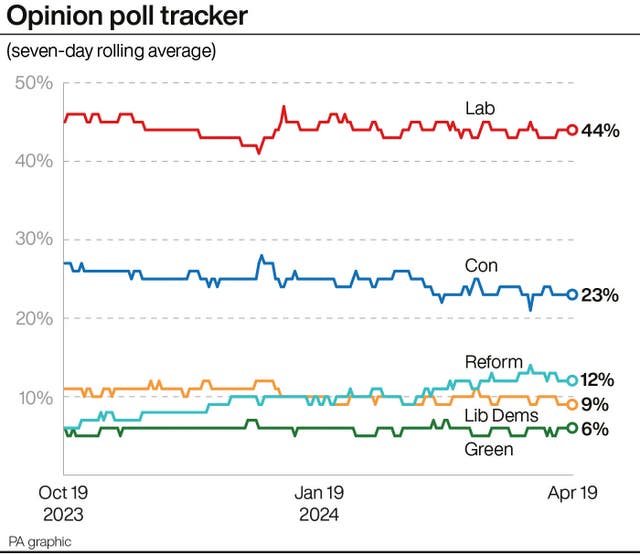
It has previously stated that the WCA changes would apply to new claims only, with the reform coming in from 2025 onwards.
The PM spoke of a “moral mission” to reform welfare to “give everyone who can the best possible chance of returning to work”, describing the “longstanding and proudly British view that work is a source of dignity, purpose, of hope.”
He said: “For me, it is a fundamental duty of Government to make sure that hard work is always rewarded.
He detailed plans for new legislation to prevent “fraudsters” from exploiting “the natural compassion and generosity of the British people”.
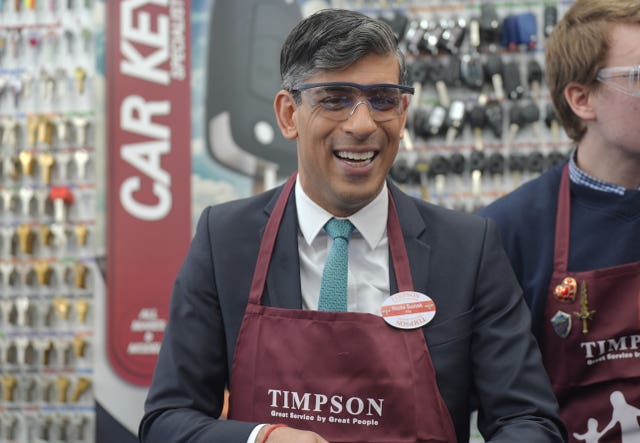
He rejected suggestions his welfare reforms were lacking in compassion, saying “the exact opposite is true”.
But Scope’s James Taylor said calls were “pouring into our helpline” from concerned disabled people.
“In a cost-of-living crisis looking to slash disabled people’s income by hitting PIP is a horrific proposal,” he said.
“Sanctions and ending claims will only heap more misery on people at the sharp end of our cost-of-living crisis.”
Dr Katie Bramall-Stainer, chairwoman of GPC England, the BMA’s GP committee, said: “With a waiting list of 7.5 million – not including for mental health problems – delays to diagnostics, and resulting pressures on GP practices, patients cannot get the treatment they need to be able to return to work.
“So rather than pushing a hostile rhetoric on ‘sicknote culture’, perhaps the Prime Minister should focus on removing what is stopping patients from receiving the physical and mental healthcare they need, which in turn prevents them from going back to work.”
Following his speech, Mr Sunak visited a branch of Timpson in central London, where he cut keys alongside Work and Pensions Secretary Mel Stride.
Sir Keir Starmer described Mr Sunak’s announcements as a “reheated version of something they announced seven years ago” and said Labour has been focused on reducing waiting lists “because the biggest problem here frankly is that the Government has broken the NHS, and waiting lists are up at 7.6 million”.
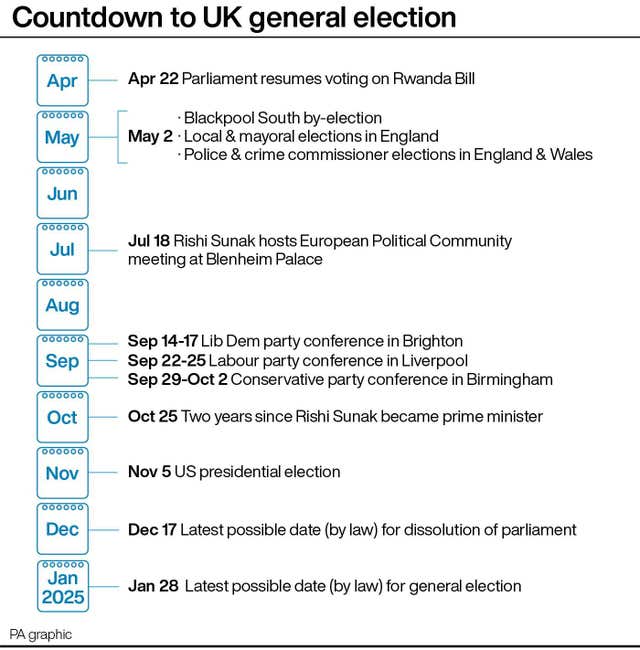
Liberal Democrat leader Sir Ed Davey described the announcements on Friday as “a desperate speech from a Prime Minister mired in sleaze and scandal”.
Proposed reforms to benefits sanctions, the WCA and the administrative earnings threshold, as well as the migration onto universal credit would apply across Great Britain, the Government confirmed.
Proposed reform of the fit note would apply in England only, and the PIP reform would be for England and Wales.
New fraud powers would apply in England and Wales, as well as to reserved benefits, and those devolved benefits delivered under agency agreements, in Scotland.





